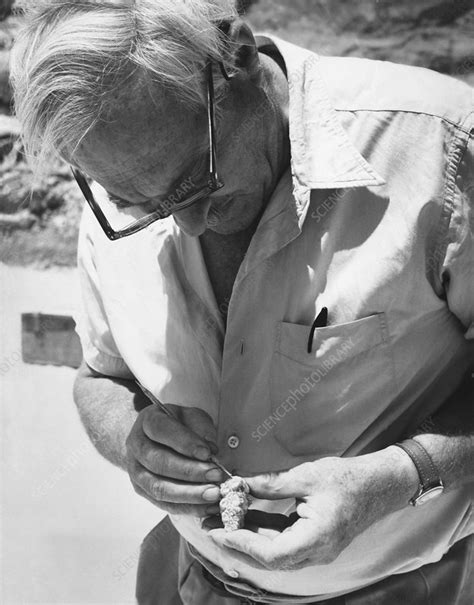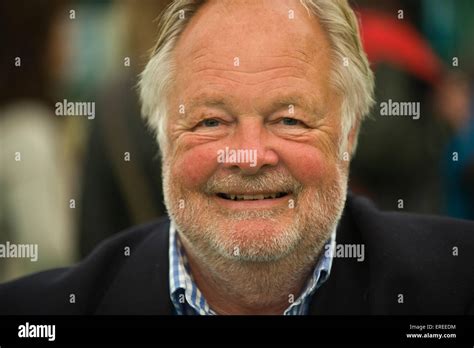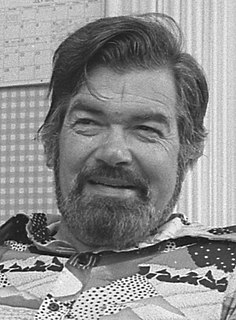A Quote by Neil deGrasse Tyson
If humans one day become extinct from a catastrophic collision, there would be no greater tragedy in the history of life in the universe. Not because we lacked the brain power to protect ourselves but because we lacked the foresight. The dominant species that replaces us in post-apocalyptic Earth just might wonder, as they gaze upon our mounted skeletons in their natural history museums, why large headed Homo sapiens fared no better than the proverbially peabrained dinosaurs.
Quote Topics
Apocalyptic
Because
Become
Better
Brain
Brain Power
Catastrophic
Collision
Day
Dinosaurs
Dominant
Earth
Extinct
Foresight
Gaze
Greater
Headed
History
History Of Life
Homo Sapiens
Humans
Just
Large
Life
Might
Museums
Natural
Natural History
One Day
Our
Ourselves
Post
Power
Protect
Sapiens
Skeletons
Species
Than
The History Of
Tragedy
Universe
Us
Why
Wonder
Would
Would Be
Related Quotes
Zoologists have reckoned there are up to at least 750 species of animal that have been observed exhibiting same-sex behaviour, or gender role transformation (which is very common in a wide range of fauna). There is only one species on earth, however, which has exhibited homophobia or transphobia. And that is the species homo sapiens sapiens. Us. So let's not allow the foolish, ignorant or bigoted ever to use words like "natural."
It struck me as I listened to those two men that a truer nomination (name) for our species than Homo sapiens might be Homo narrans, the storytelling person. What differentiates us from animals is the fact that we can listen to other people’s dreams, fears, joys, sorrows, desires and defeats–and they in turn can listen to ours.
The classical argument for why a supposedly decent and moral creature like Homo sapiens can mistreat and even extirpate other species rests upon an extreme position in a continuum. The Cartesian tradition, formulated explicitly in the seventeenth century, but developed in "folk" and other versions throughout human history no doubt, holds that other animals are little more than unfeeling machines, with only humans enjoying "consciousness," however defined.
We need the stars... We need purpose! We need the image the Destiny to take root among the stars gives us of ourselves as a purposeful, growing species. We need to become the adult species that the Destiny can help us become! If we're to be anything other than smooth dinosaurs who evolve, specialize and die, we need the stars.... When we have no difficult, long-term purpose to strive toward, we fight each other. We destroy ourselves. We have these chaotic, apocalyptic periods of murderous craziness.
Of the four billion life forms which have existed on this planet, three billion, nine hundred and sixty million are now extinct. We don't know why. Some by wanton extinction, some through natural catastrophe, some destroyed by meteorites and asteroids. In the light of these mass extinctions it really does seem unreasonable to suppose that Homo sapiens should be exempt. Our species will have been one of the shortest-lived of all, a mere blink, you may say, in the eye of time.
Having studied biology really helped me a lot because I quickly understand how biological systems work, and how they fail, and the tragedy of when they fail, because we are dealing with life systems, and when we hear that a species has become extinct, or is threatened, you realize that this could mean that this species will disappear from the face of the earth forever! So that understanding really gives you energy to do something to save it.


































